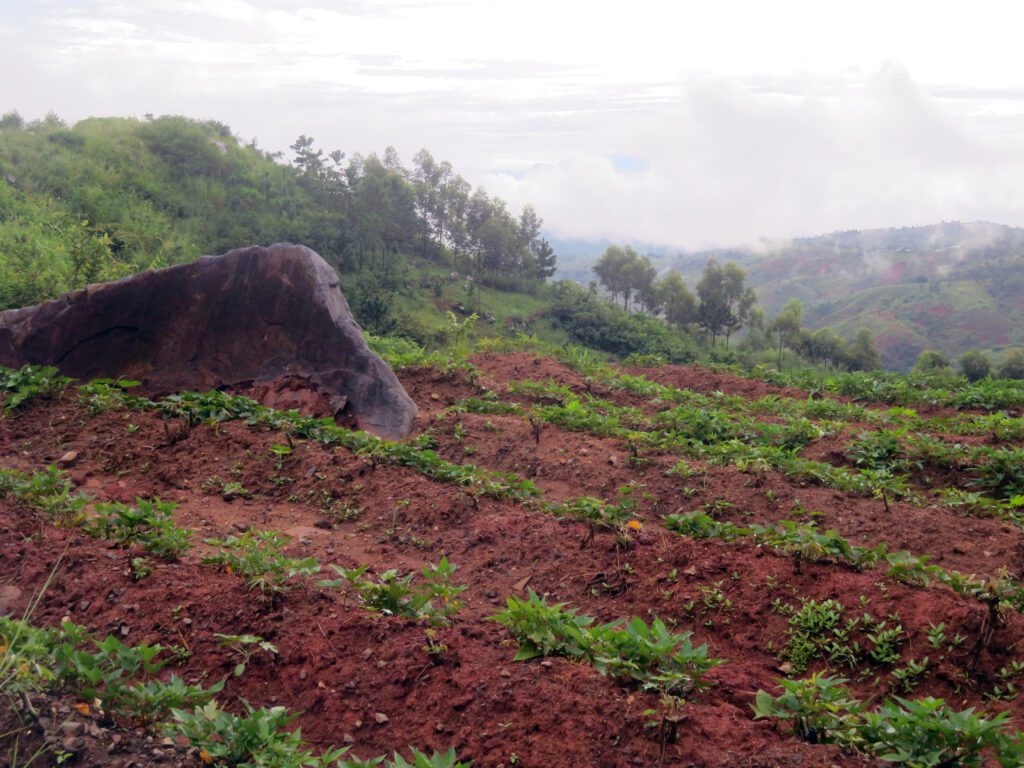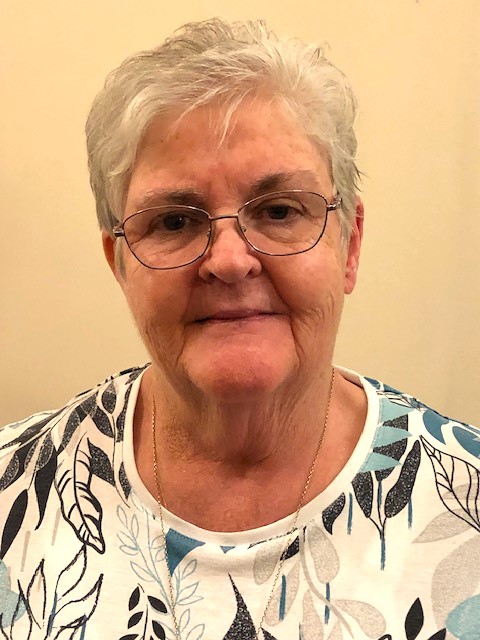
A Reflection for International Earth Day – April 22nd
As we reflect on International Earth Day earlier this week, we are reminded of our call to care for “our common home,” as Pope Francis wrote in his encyclical Laudato Si’. We recognise that the health and survival of our common home is at risk, and wherever we are, we are called to live more in harmony with creation and in solidarity with those who are poor.
For our congregation, this is not a new call—it is a path we have been journeying for many years. One example of this can be seen in the life and ministry of Sr Mairéad Ní Chuirc, who has been living in Malawi since 2021. Her presence there is a continuation of the shared mission of the sisters who came before her, who contributed to the lives of the people of Konzalendo in the Zambia/Malawi region with attentiveness and care.
In the rural community where Sr Mairéad now lives and works, daily life is closely tied to the land. Families depend on maize, which is ground into ufa and prepared as nsima—the staple food. The cultural significance of this dish is deep. Mairéad explains, saying you might often hear people say “we haven’t eaten” which means there has been no nsima that day.
Growing maize, however, often means clearing land, including trees on surrounding hillsides. In a region where the soil is delicate and weather patterns are becoming more severe, the loss of trees has contributed to flooding, erosion, and damage to homes and farmland.

In response to the needs of the community and her own deep affinity for nature, Sr Mairéad initiated a local Laudato Si group—bringing together parish leadership and members of the wider community to take action together. One of their shared goals is to plant more indigenous trees. These trees will help reduce flooding and protect local biodiversity. A plot of land was acquired as a specifically Laudato Si Project for the parish and this week, in preparation for Earth Day the group have planted 90 fruit trees.
As with many things, the journey has included its share of challenges. On one occasion, newly planted Mibawa trees were removed due to a miscommunication about land rights. It was a moment that reminded all involved of the importance of inclusive dialogue, and of taking time to build mutual understanding and trust.
There are also deeper realities that cannot be ignored. In most homes, firewood is still the only available energy source for cooking and building. Some community members prefer to plant Blue Gum (Eucalyptus) trees, which can be harvested for wood and income. Though these trees are not ideal for the soil, they respond to real urgent needs.

Despite these challenges, in this small corner of Malawi, hope takes root—in tree saplings, in careful conversations, and in the shared commitment to care for the environment. The work is slow, sometimes uncertain, but it is, quietly and clearly, Laudato si’ in action.
With hearts full of gratitude for the beauty of Mother Earth, may we continue to care for our common home together and safeguard it for generations to come.







